
Kód: 03151913
Word Histories - A Glossary Of Unusual Word Origins
Autor Wendell Herbruck
WORD HISTORIES To MY WIFE FOREWORD Words, like individuals, have their histories. English words, for the most part, are either direct translations, or descendants, so to speak, from an other language, or are Anglo-Saxon words, use ... celý popis
- Jazyk:
 Angličtina
Angličtina - Väzba: Brožovaná
- Počet strán: 228
Nakladateľ: Read Books, 2007
- Viac informácií o knihe

Mohlo by sa vám tiež páčiť
-
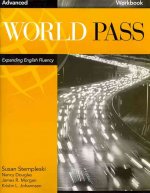
World Pass Advanced: Workbook
36.31 € -

Martyrs of Science, Or, the Lives of Galileo, Tycho Brahe, and Kepler
28.10 € -
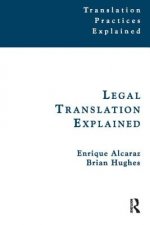
Legal Translation Explained
52.14 € -

Leading the Sales Force
73.04 € -

Upper Abdominal Surgery
138.28 € -

Advances in Human Genetics 6
70.20 € -

Land Remote Sensing and Global Environmental Change
336.54 € -

Wicked Girls
11.66 € -6 % -

Literary Life of the Late Thomas Pennant, Esq. by Himself.
26.88 € -
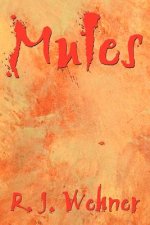
Mules
20.79 € -
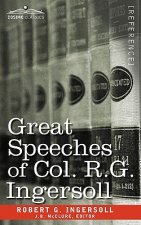
Great Speeches of Col. R. G. Ingersoll
28.30 € -

Feed Your Brain First
22.51 € -

Petite Legende Doree de la Haute-Bretagne (Ed.1897)
25.96 € -
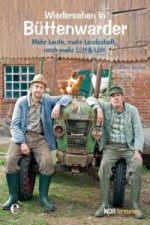
Wiedersehen in Büttenwarder
14.60 € -4 %
Darčekový poukaz: Radosť zaručená
- Darujte poukaz v ľubovoľnej hodnote, a my sa postaráme o zvyšok.
- Poukaz sa vzťahuje na všetky produkty v našej ponuke.
- Elektronický poukaz si vytlačíte z e-mailu a môžete ho ihneď darovať.
- Platnosť poukazu je 12 mesiacov od dátumu vystavenia.
Viac informácií o knihe Word Histories - A Glossary Of Unusual Word Origins
Nákupom získate 91 bodov
 Anotácia knihy
Anotácia knihy
WORD HISTORIES To MY WIFE FOREWORD Words, like individuals, have their histories. English words, for the most part, are either direct translations, or descendants, so to speak, from an other language, or are Anglo-Saxon words, used today substantially in the same sense as they were in pre-Norman days. As the scope of this volume is necessarily limited, the words listed include mainly those that have wandered, in varying de grees, from their original meanings. For example, the title Duke is omitted because it is directly descended from French due, which in turn is from Latin dux, ducis, a leader. On the other hand Lady justifies its place here for the reason that its progenitor is Anglo-Saxon hlaefdige, a kneader of the loaf, the woman who prepared bread for the oven. The social climbing of such a word furnishes a temptation to refer to its development as its genealogy and to forget that the science of word origins is etymology. The words in this volume were assembled to satisfy a curiosity aroused by a study of Old English, particularly in connection with researches made into Anglo-Saxon laws and charters. It was during the course of such a study that the many engaging vii V1U FOREWORD word personalities attracted my interest, and with the enthusiasm of a collector, I have yielded to the temptation of including other specimens encoun tered during many years of the practice of law, where the background of a word seemed to war rant it. The present edition is a revision and en largement of a volume which first appeared in England in 1935. WENDELL HERBRUCK December, 1940 PREFACE Old English, or Anglo-Saxon, is a language which f ew would now understand. With its roots in Teu tonic soil, it developed under the Roman invasion, and was nourished by the subsequent overrunning of the British Isles by the Danes, the Angles, the Saxons and other races of northwest continental Europe. The greatest changes in the language were, however, those that followed the battle of Hastings and the business-like conquest of all things Anglo-Saxon that commenced with the Doomsday Survey. The briefest study of the development of English from the advent of William until the death of Elizabeth will produce sufficient evidence to dis close that the Normans were victorious in 1066 and continued in power without reference being had to a political history of England. With the Normans came a new political and social structure new rules of law, new land tenures, a new administration of Justice, a new ruling class in time, practically everything was changed and new words were used to describe and define the new order, which, however, continued to center about the King, whose title remained an Anglo-Saxon word, and one that the conquered English IX X PREFACE could understand. Evidence of the conquest ap peared in all the words thereafter introduced by the French to describe the Norman sovereignty and to embellish the dignity of the conqueror. In this group of words are palace, duke, throne, realm, royalty, regal, homage, sceptre, reign, sovereign and chancellor. Prince and count and duchess are of continental origin, but King and Queen were names long before used by the rulers of the British tribes. Few titles of great dignity have developed from the homely beginnings of the Anglo-Saxon social struc ture. Conspicuous as exceptions to this rule, for their lowly origin are the titles Lord and Lady, one, in Anglo-Saxon times, the guardian of the loaf and his wife the kneader of the dough or loaf. Quite naturally the English became the serving and the working class and in the kitchen and the field we find preserved the words which those who served there could understand. In the barn and field the farmer worked with flail, and plough, sickle, and spade. He fed the ox, the steer, the cow and the calf...
 Parametre knihy
Parametre knihy
Zaradenie knihy Knihy po anglicky Literature & literary studies Literature: history & criticism Literary studies: general
36.52 €
- Celý názov: Word Histories - A Glossary Of Unusual Word Origins
- Autor: Wendell Herbruck
- Jazyk:
 Angličtina
Angličtina - Väzba: Brožovaná
- Počet strán: 228
- EAN: 9781406776904
- ISBN: 9781406776904
- ID: 03151913
- Nakladateľ: Read Books
- Hmotnosť: 295 g
- Rozmery: 216 × 140 × 13 mm
- Dátum vydania: 15. March 2007
Obľúbené z iného súdka
-
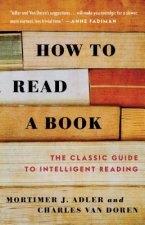
How to Read a Book
14.09 € -11 % -
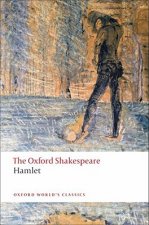
Hamlet: The Oxford Shakespeare
9.53 € -20 % -
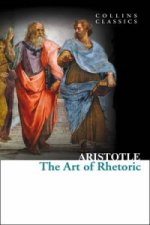
Art of Rhetoric
3.24 € -12 % -
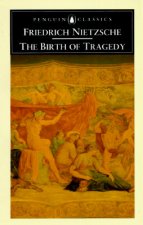
Birth of Tragedy
10.03 € -22 % -
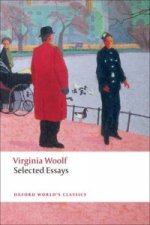
Selected Essays
11.05 € -23 % -
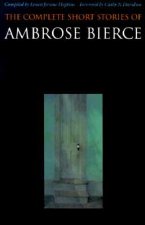
Complete Short Stories of Ambrose Bierce
20.99 € -19 % -

Serpent Power
21.91 € -15 % -
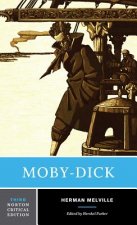
Moby-Dick
18.66 € -

Annotated Alice
12.17 € -23 % -

Nordic Noir
16.43 € -23 % -

Marquis de Sade: A Very Short Introduction
11.05 € -19 % -
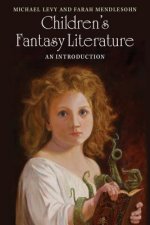
Children's Fantasy Literature
26.88 € -17 % -

Mysteries of Udolpho
10.14 € -24 % -
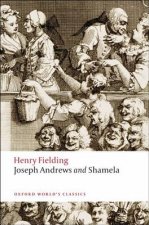
Joseph Andrews and Shamela
9.43 € -15 % -
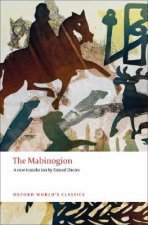
Mabinogion
11.05 € -23 % -

The Picture of Dorian Gray
6.69 € -21 % -
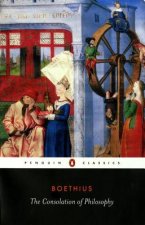
Consolation of Philosophy
11.05 € -23 % -
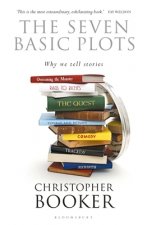
Seven Basic Plots
20.38 € -20 % -

Gulliver's Travels
6.79 € -23 % -
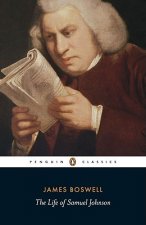
Life of Samuel Johnson
25.25 € -

Powers of Horror
39.05 € -

Sejong Korean Student Book 2A - English Edition, m. 1 Audio
29.41 € -
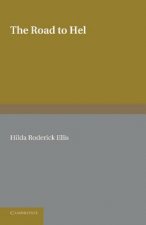
Road to Hel
60.97 € -
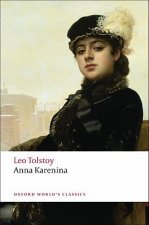
Anna Karenina
9.53 € -14 % -

Wide Sargasso Sea
9.22 € -16 % -
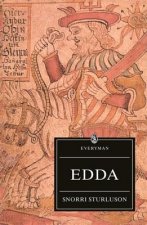
Edda
9.73 € -14 % -
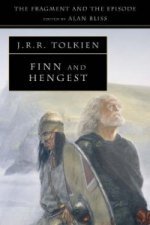
Finn and Hengest
10.03 € -22 % -
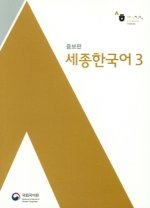
Sejong Korean 3, m. 1 Audio
27.28 € -
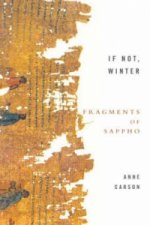
If Not, Winter: Fragments Of Sappho
18.56 € -23 % -
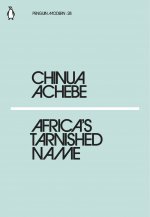
Africa's Tarnished Name
3.54 € -24 % -
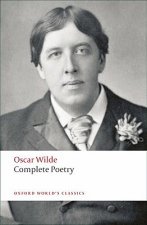
Complete Poetry
8.72 € -

Captain is Out to Lunch
16.02 € -
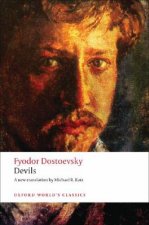
Devils
11.05 € -15 % -
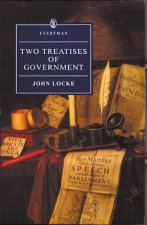
Two Treatises of Government
10.74 € -3 % -
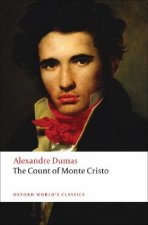
Count of Monte Cristo
11.05 € -23 % -
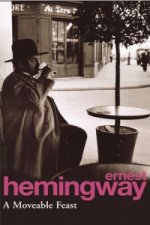
Moveable Feast
10.74 € -10 % -
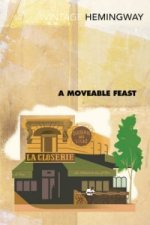
Moveable Feast
10.64 € -20 % -
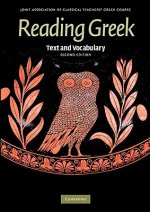
Reading Greek
39.76 € -

Dream Story
11.05 € -23 % -
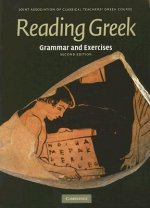
Reading Greek
45.04 € -

Analysis of Donna Haraway's A Cyborg Manifesto
9.73 € -
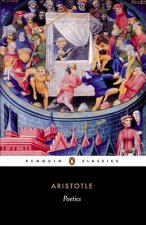
Poetics
11.96 € -17 % -
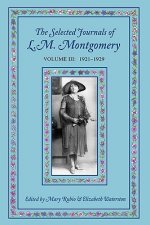
Selected Journals of Lm Montgomery Volume III 1921-1929
20.59 € -10 % -
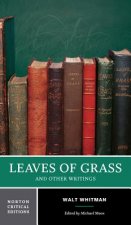
Leaves of Grass
18.25 € -
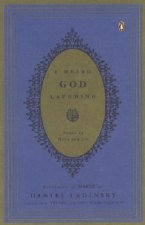
I Heard God Laughing
16.43 € -22 % -

Tragedy of King Richard III: The Oxford Shakespeare
8.41 € -23 % -
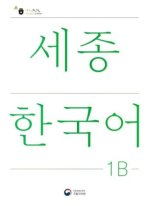
Sejong Korean Student Book 1B - Korean Version, m. 1 Audio
29.41 € -

Wild Ass's Skin
13.08 € -18 % -
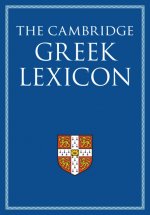
Cambridge Greek Lexicon 2 Volume Hardback Set
115.46 €
Osobný odber Bratislava a 2642 dalších
Copyright ©2008-24 najlacnejsie-knihy.sk Všetky práva vyhradenéSúkromieCookies



 21 miliónov titulov
21 miliónov titulov Vrátenie do mesiaca
Vrátenie do mesiaca 02/210 210 99 (8-15.30h)
02/210 210 99 (8-15.30h)